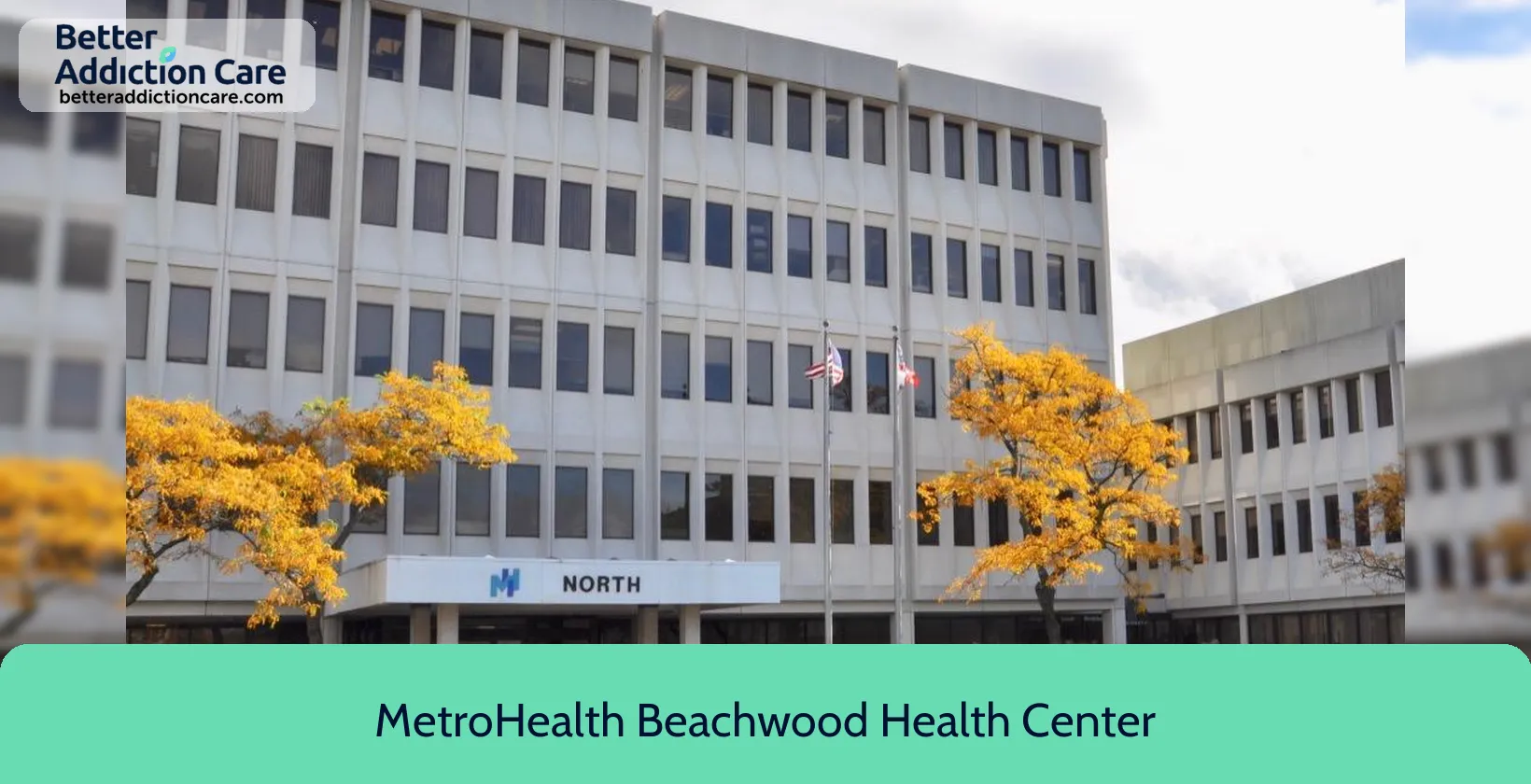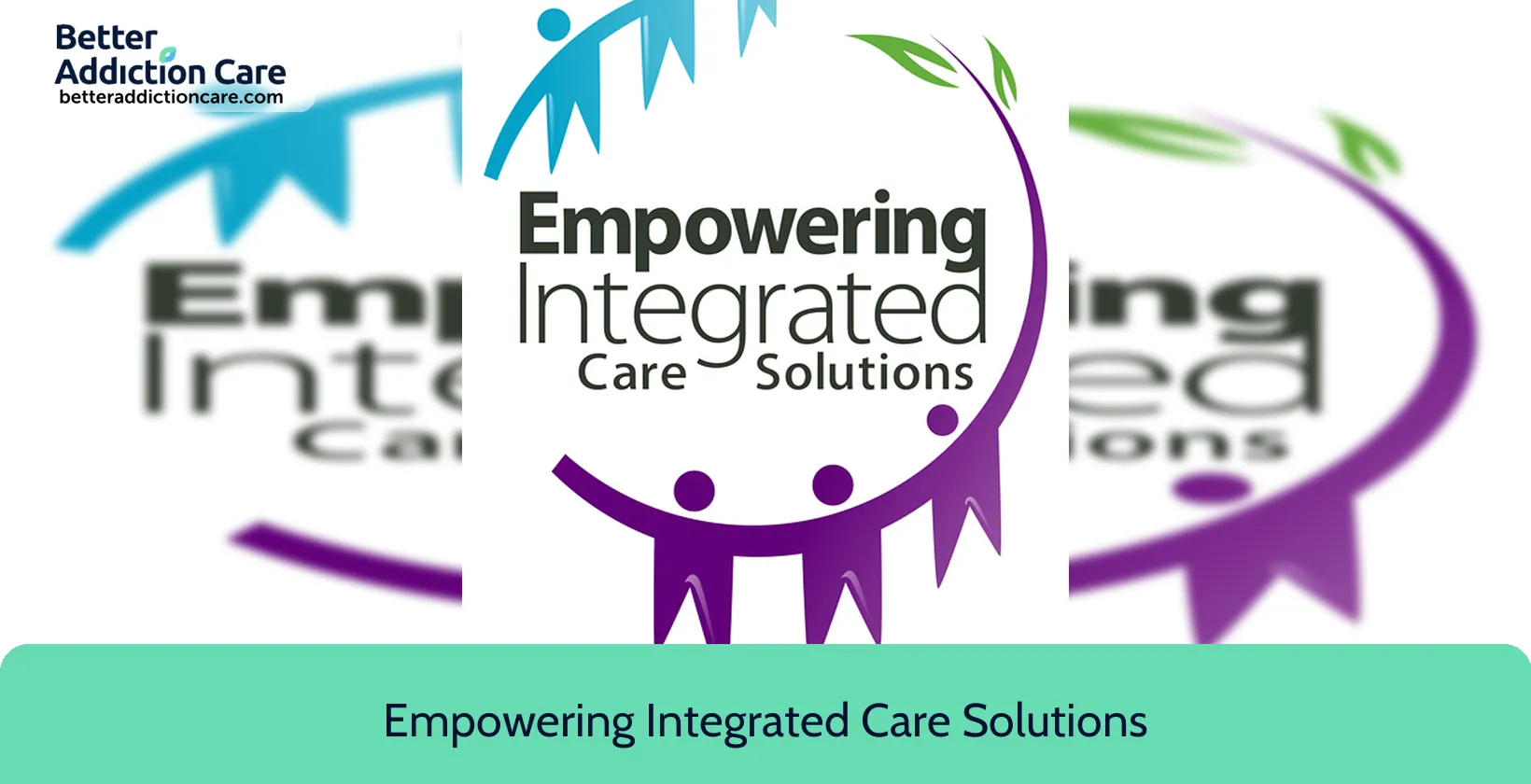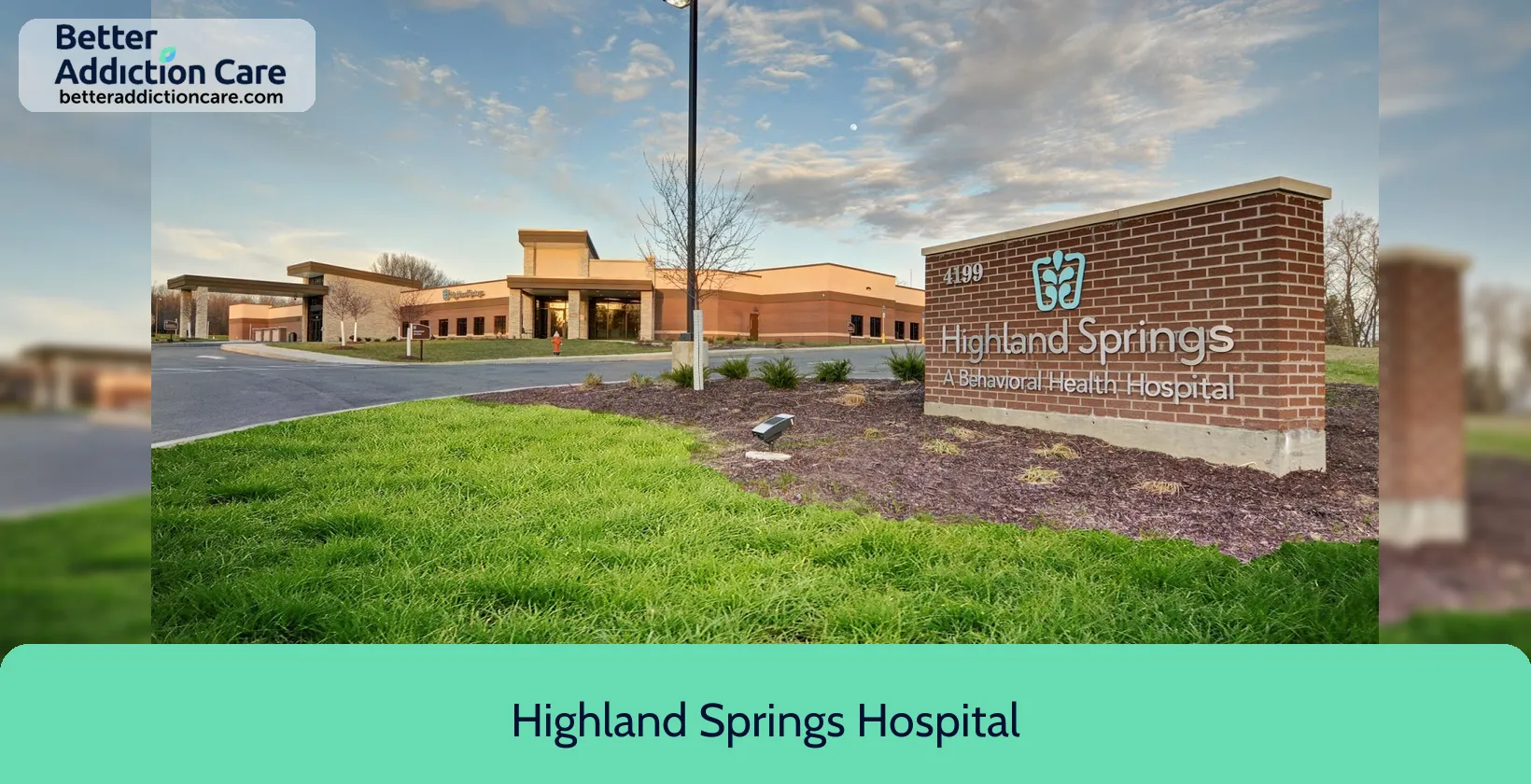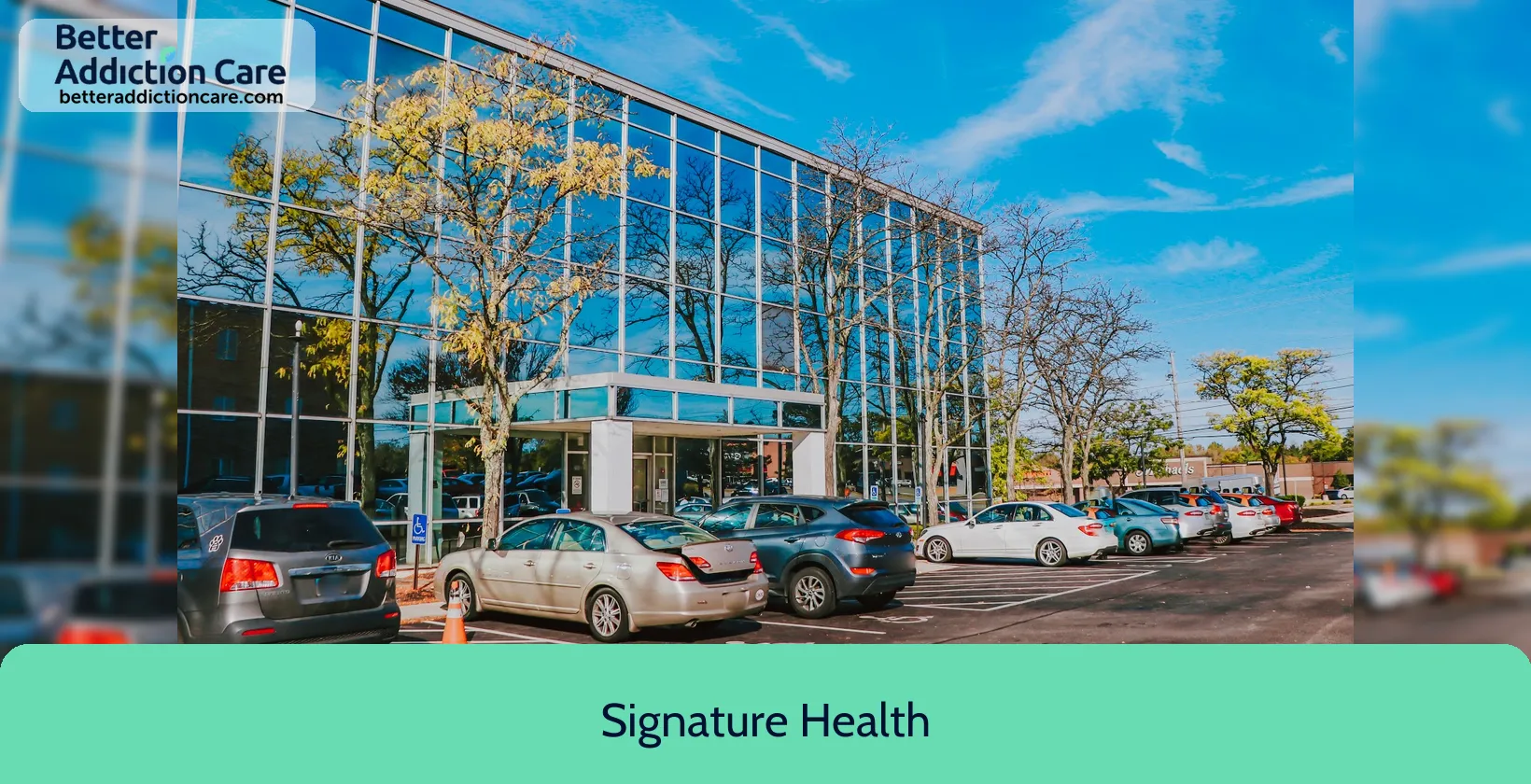Glenbeigh Outpatient Center
Overview
Glenbeigh Outpatient Center is a substance abuse treatment center for people seeking treatment near Cuyahoga County. As part of their treatment modalities for recovery, Glenbeigh Outpatient Center provides 12-step facilitation, group counseling, and family counseling during treatment. Glenbeigh Outpatient Center is located in Beachwood, Ohio, accepting access to recovery (atr) voucher for treatment.
Glenbeigh Outpatient Center at a Glance
Payment Options
- Access to Recovery (ATR) Voucher
- Medicaid
- Private health insurance
- Cash or self-payment
- State-financed health insurance plan other than Medicaid
Assessments
- Comprehensive mental health assessment
- Comprehensive substance use assessment
- Screening for tobacco use
- Interim services for clients
- Screening for mental disorders
Age Groups
- Adults
- Young adults
Ancillary Services
- Case management service
- Social skills development
- Transportation assistance
Highlights About Glenbeigh Outpatient Center
6.99/10
With an overall rating of 6.99/10, this facility has following balanced range of services. Alcohol Rehabilitation: 8.07/10, Drug Rehab and Detox: 6.31/10, Insurance and Payments: 6.00/10, Treatment Options: 7.58/10.-
Alcohol Rehabilitation 8.07
-
Treatment Options 7.58
-
Drug Rehab and Detox 6.31
-
Insurance and Payments 6.00
Accreditations
The Joint Commission:

The Joint Commission, previously known as JCAHO, is a nonprofit organization that accredits rehabilitation organizations and programs. Established in 1951, its mission is to enhance the quality of patient care and showcase excellence in healthcare delivery.
NAATP:

The National Association of Addiction Treatment Providers (NAATP) accreditation is a recognized standard within the field of addiction and behavioral health. This accreditation signifies that a treatment provider has undergone a rigorous evaluation process to ensure the quality and effectiveness of its programs and services. NAATP accreditation serves as a valuable marker of a provider's commitment to adhering to established industry standards, offering evidence-based treatments, and prioritizing the well-being of individuals seeking addiction and behavioral health support.
State department of health:

Government agencies issue State Licenses, granting permission to rehabilitation organizations to conduct their business operations lawfully within specific geographic regions. Generally, the particular rehabilitation programs offered by a facility and its physical location dictate the necessary licenses needed for legal operation.
Hospital licensing authority:
The Hospital Licensing Authority is responsible for granting licenses to healthcare facilities, ensuring that they meet the standards and regulations set by the government. Accreditation is a process of evaluation and recognition by a third-party organization, confirming that the hospital meets specific quality and safety standards.
Treatment At Glenbeigh Outpatient Center
Treatment Conditions
- Mental health treatment
- Alcoholism
- Opioid Addiction
- Substance use treatment
- Co-occurring Disorders
Care Levels
- Intensive outpatient treatment
- Detoxification
- Aftercare
- Outpatient
- Regular outpatient treatment
Treatment Modalities
- 12-step facilitation
- Group counseling
- Family counseling
- Individual psychotherapy
- Holistic Treatment
Ancillary Services
Languages
- Sign language services for the deaf and hard of hearing
Additional Services
- Pharmacotherapies administered during treatment
- Holistic Treatment
- Breathalyzer or blood alcohol testing
Special Programs
- Clients who have experienced trauma
Get Help Now
Common Questions About Glenbeigh Outpatient Center
Contact Information
Other Facilities in Beachwood

7.51

6.65

6.59

6.59

7.69
DISCLAIMER: The facility name, logo and brand are the property and registered trademarks of Signature Health, and are being used for identification and informational purposes only. Use of these names, logos and brands shall not imply endorsement. BetterAddictionCare.com is not affiliated with or sponsored by Signature Health.

